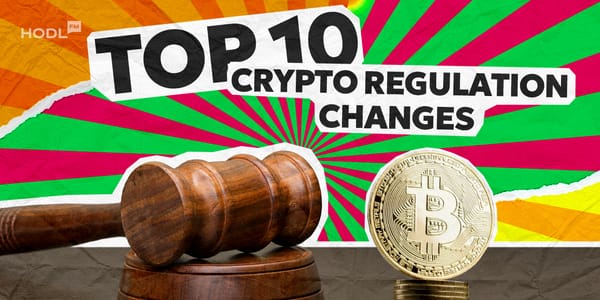Kazakhstan is taking another step towards legitimising its crypto sector. President Kassym-Jomart Tokayev has called for urgent reforms to strengthen the country’s digital asset infrastructure.
Official Approach
Speaking at a recent government meeting, Tokayev stressed that Kazakhstan must adapt quickly to the changing technological landscape.
While the Astana International Financial Center (AIFC) already hosts licensed platforms such as Galaxy Digital, SkyBridge Digital Finance, and Swiftex, the president highlighted that local crypto investors use these regulated venues, while the majority continue operating outside official oversight.
“Given the demands of the modern era, it is necessary to focus on cryptoassets. It is advisable to create a State Fund of Digital Assets on the basis of the National Bank’s Investments Corporation.” Tokayev said.
More concretely, Tokayev proposed the creation of a State Fund of Digital Assets, managed by the National Bank’s Investment Corporation, to build a strategic crypto reserve from promising digital assets. These moves are part of a broader vision to digitalize the economy within three years, including the development of “CryptoCity” in Alatau, a fully digitized smart city designed for crypto-based payments and blockchain innovation.

The push comes amid growing international momentum for crypto regulation, particularly in the U.S., where policy has taken a more accommodative turn in 2025. For Kazakhstan, aligning its rules with global standards could prove critical as it seeks to attract institutional players and reduce reliance on unregulated exchanges.
Regulatory Crackdown in Focus
Kazakhstan’s financial watchdog has also ramped up enforcement against illegal trading platforms. In 2024, authorities shut down 36 unlicensed exchanges with a combined turnover of about 60 billion tenge (roughly $112.8 million). Regulators also worked with the National Security Committee and the Ministry of Culture and Information to block access to over 3,500 unregistered websites. The government’s dual approach, expanding legitimate market infrastructure while cutting off illegal channels, reflects its attempt to position Kazakhstan as a serious player in digital finance, following its earlier prominence in Bitcoin mining after China’s crackdown.
According to Kazakhstan’s Financial Monitoring Agency, authorities recently dismantled an illicit mining operation that had siphoned off more than 50 megawatt-hours of electricity, valued at roughly $16.5 million, enough to power a mid-sized city. Local outlet Astana Times reported that the raid was part of a broader 2024 crackdown on unregistered mining farms across several regions.
Ambitions
Kazakhstan's next challenge will be balancing innovation with investor protection. The country already learned hard lessons in 2021–2022, when its mining industry faced power shortages and inconsistent policies. Clearer legislation, coupled with infrastructure upgrades, could provide the stability needed to attract long-term investment in both trading and blockchain innovation.
Complementing crypto ambitions, Tokayev announced the launch of a new Ministry of Artificial Intelligence and Digital Development, aiming to steer Kazakhstan toward becoming a fully digital nation. He called for a comprehensive Digital Code to cover blockchain, AI, and fintech integration across sectors.
Leading the way
With President Tokayev pushing for urgent reforms, Kazakhstan appears determined to move its crypto economy out of the shadows.
If successful, the strategy could transform the country from a mining hub into a broader digital asset hub, though much depends on how quickly regulators can deliver a transparent, enforceable framework.

Disclaimer: All materials on this site are for informational purposes only. None of the material should be interpreted as investment advice. Please note that despite the nature of much of the material created and hosted on this website, HODL FM is not a financial reference resource, and the opinions of authors and other contributors are their own and should not be taken as financial advice. If you require advice. HODL FM strongly recommends contacting a qualified industry professional.




